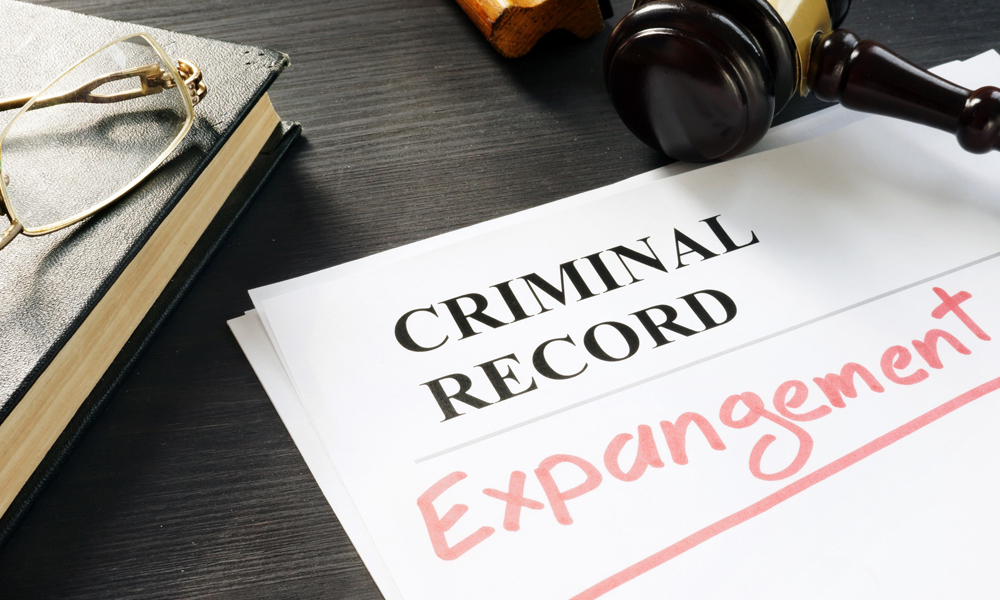



Utah law has allowed individuals to expunge civil protective orders since 2022. This legal process removes protective orders from public records, helping people move forward without unnecessary barriers. Here’s what you need to know about the process, including waiting periods, eligibility, and important definitions.

The timeline for expunging a protective order depends on the type of order and its duration. Knowing these details helps you determine when you can start the process.
Courts issue permanent protective orders after full hearings, making this waiting period longer than for temporary orders.
Judges issue temporary orders when petitioners request immediate protection. These orders remain in effect until a full hearing determines whether to issue a permanent protective order.
Ex-parte proceedings involve only one party without input from the opposing side. Judges often grant temporary protective orders ex-parte to provide immediate relief. For example, when you file a petition for a protective order, the judge may issue an ex-parte order and schedule a hearing to decide on a permanent order.
According to Merriam-Webster’s Legal Dictionary, “Ex-parte” means “on behalf of or involving only one party to a legal matter and in the absence of and usually without notice to the other party.”
Utah law outlines the types of protective and stalking orders that you can expunge under Utah Code 78B-7-1001(2). These include:
With these clear definitions, you can confirm whether your protective order qualifies for expungement.
A civil protective order can remain on your public record even after the case ends. Background checks may show the order, which can affect your ability to find a job, secure housing, or maintain personal relationships. By expunging the protective order, you can eliminate these obstacles and regain control of your future.
If you want to expunge a protective order in Utah, contact Jake Gunter for experienced legal assistance. He offers free consultations and provides quick assessments to determine your eligibility. In just 10 minutes, Jake can tell you if your case qualifies for expungement.
Utah now allows you to expunge civil protective orders, giving you the opportunity to remove them from public records and move forward. Understanding waiting periods, eligibility, and the legal process is crucial for success. Reach out to Jake Gunter for expert guidance and a free consultation.

For additional insights on Criminal Defense Law and to get to know Jake Gunter better, check out these helpful videos:
These resources will provide you with valuable information as you consider your legal options. For any questions or to schedule a free consultation, feel free to reach out to us directly.